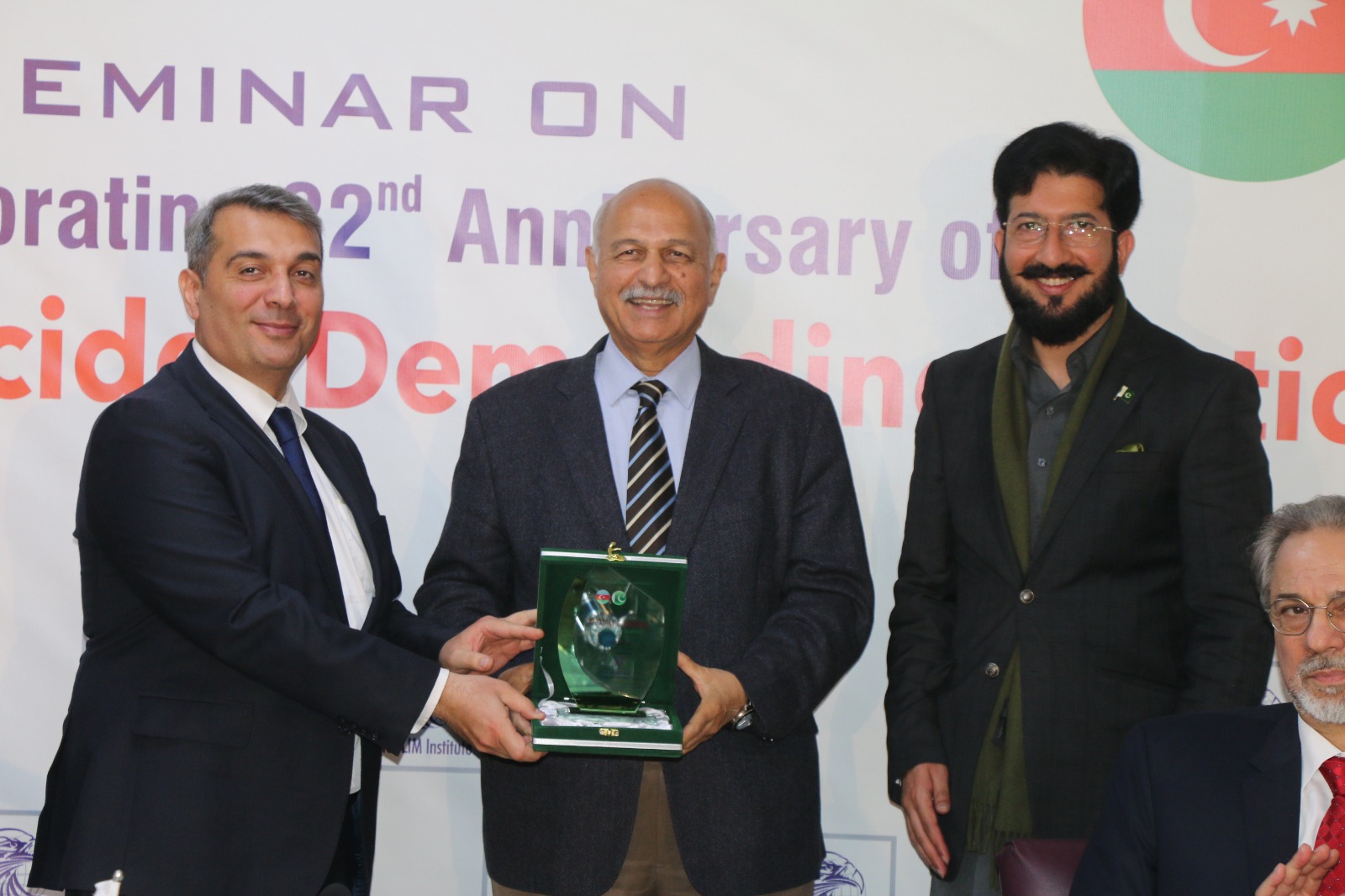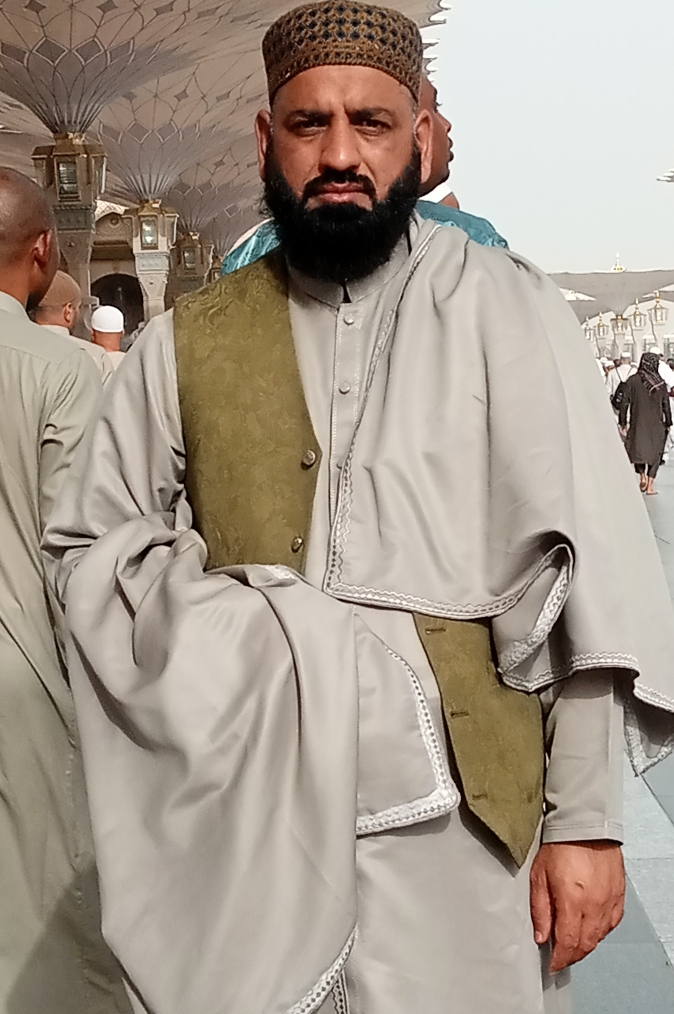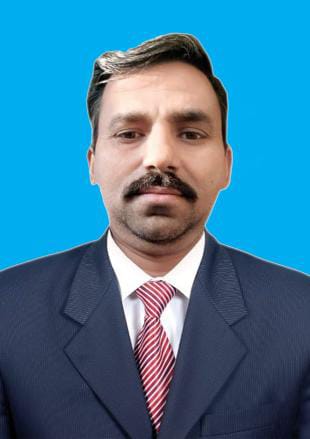The Khojaly genocide in Nagorno-Karabakh is a dark chapter in human history: Speakers
Genocide in Khojaly, Kashmir and Myanmar demand justice: Speakers
The atrocities in Khojaly, Kashmir, Indian Gujarat, Karnataka and Myanmar are crimes against humanity. Speakers
MUSLIM Institute and the Azerbaijani Embassy in Islamabad jointly organized a seminar on “Genocide and Ethnic Cleansing: A Crime against Humanity, the 32nd Anniversary of the Khujaly genocide”. Among the speakers were Chairman, Senate Defence Committee Senator Mushahid Hussain Sayed, Dewan of Junagadh and Chairman MUSLIM Institute Sahibzada Sultan Ahmed Ali, Ambassador of Turkey H.E. Dr. Mehmet Pacaci, Ambassador of Azerbaijan Khazar Farhadov and President CSAIS Institute Maj. Gen. Khalid Amir Jaffery. The conflict between Azerbaijan and Armenia over Nagorno-Karabakh was one of the most contentious issues of the twentieth century. Armenian nationalists have been following a policy of ethnic cleansing of the Azerbaijani people for the last 200 years. From 1948-to 1953, around 150,000 Azerbaijanis were deported from Armenia. Similarly, in 1988, 250,000 Azerbaijanis were forced out from their historical territories thereby leaving Armenia a mono-ethnic state. The Khojaly genocide – the unforgettable tragedy of the 20th century – was a result of the aggressive and criminal policy of Armenia. Undoubtedly, this genocide was a historical crime against humanity.
In February 1992, Armenian forces reportedly seized the Azeri-populated town of Khojaly. Armenian militants started the massacre of civilians in Nagorno-Karabakh. In this massacre 613 innocent Azerbaijanis, including 106 women and 83 children, were massacred. Eight families were exterminated. Four hundred and seventy-six people were permanently disabled. A total of 1275 people were taken hostage. According to the medical examinations reported in international media, several of the victims of the massacre, including women, children, and old people were killed with unusual brutality that is even difficult to describe. Despite the Armenian occupation and genocide, the people of Azerbaijan remained steadfast, and as a result of the 2020 Armenian aggression, war broke out again and Armenia had to concede defeat after 44 days of conflict. The speakers further said that remembering the martyrs creates stability in the nations. At the same time, the narrative of the oppressor needs to be challenged, otherwise the atrocities in Indian Illegal Occupied Kashmir, Myanmar and other regions cannot be stopped. Similarly, the perpetrators of genocide in Indian Gujarat and recent Karnataka need to be brought to justice. The speakers said that Pakistan and Azerbaijan are two brotherly Islamic countries which are closely related to each other in the spirit of Islam. Relations between the two countries are based on mutual trust, that’s why Pakistan has given full moral and diplomatic support to Azerbaijan without any interest, in the war caused by Armenia’s illegal occupation of Nagorno-Karabakh. Pakistan has always supported the principle stance of Azerbaijan on Nagorno-Karabakh, that’s why Pakistan has not recognized the Armenia till date. This position of Pakistan is in fact in line with the ideas of Quaid-e-Azam Muhammad Ali Jinnah, the founder of Pakistan.
Speakers further stressed that we have to further strengthen the bilateral relations by cooperating with each other at the regional and international levels and promoting bilateral cooperation in other fields including military, education, trade and other fields while keeping in view the ground realities.



